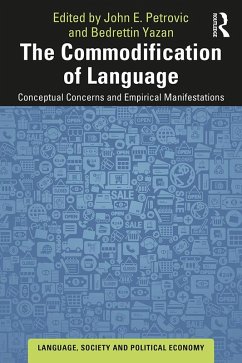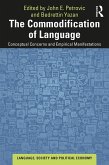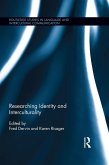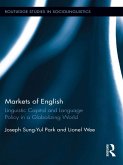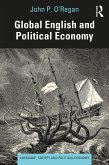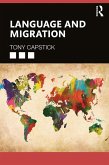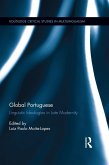Bringing together an international group of scholars, this collection includes chapters that address whether or not language can rightly be referred to as a commodity and, if so, under what circumstances. The different theoretical foundations of understanding language as a resource with exchange value - whether as commodity or capital - have practical implications for policy writ large. The implications of the "commodification of language" in more empirical terms are explored, both in terms of how it affects language as well as language policy at more micro levels. This includes more specific policy arenas such as language in education policy or family language policies as well as the implications for individual identity construction and linguistic communities.
With a conclusion written by leading scholar David Block, this is key reading for researchers and advanced students of critical sociolinguistics, language and economy, language and politics, language policy and linguistic anthropology within linguistics, applied linguistics, and language teacher education.
Dieser Download kann aus rechtlichen Gründen nur mit Rechnungsadresse in A, B, BG, CY, CZ, D, DK, EW, E, FIN, F, GR, HR, H, IRL, I, LT, L, LR, M, NL, PL, P, R, S, SLO, SK ausgeliefert werden.
Eva Codó, Universitat Autònoma de Barcelona, Spain
This book covers an important topic that has generated substantial controversy in applied linguistics in recent years. I would recommend it for anyone who has an interest in language politics and policy; in particular, scholars and graduate students who may be confused about terms such as 'commodification of language' and concepts such as 'language as power' will benefit from the detailed analyses and insights provided by the various contributors to this volume.
Thomas Ricento, University of Calgary, USA
One of the interesting aspects of the collection is that the contributors not only cover a broad range of topics but also employ various methods across the empirical chapters.
Ayako Hiasa, Arizona State University

